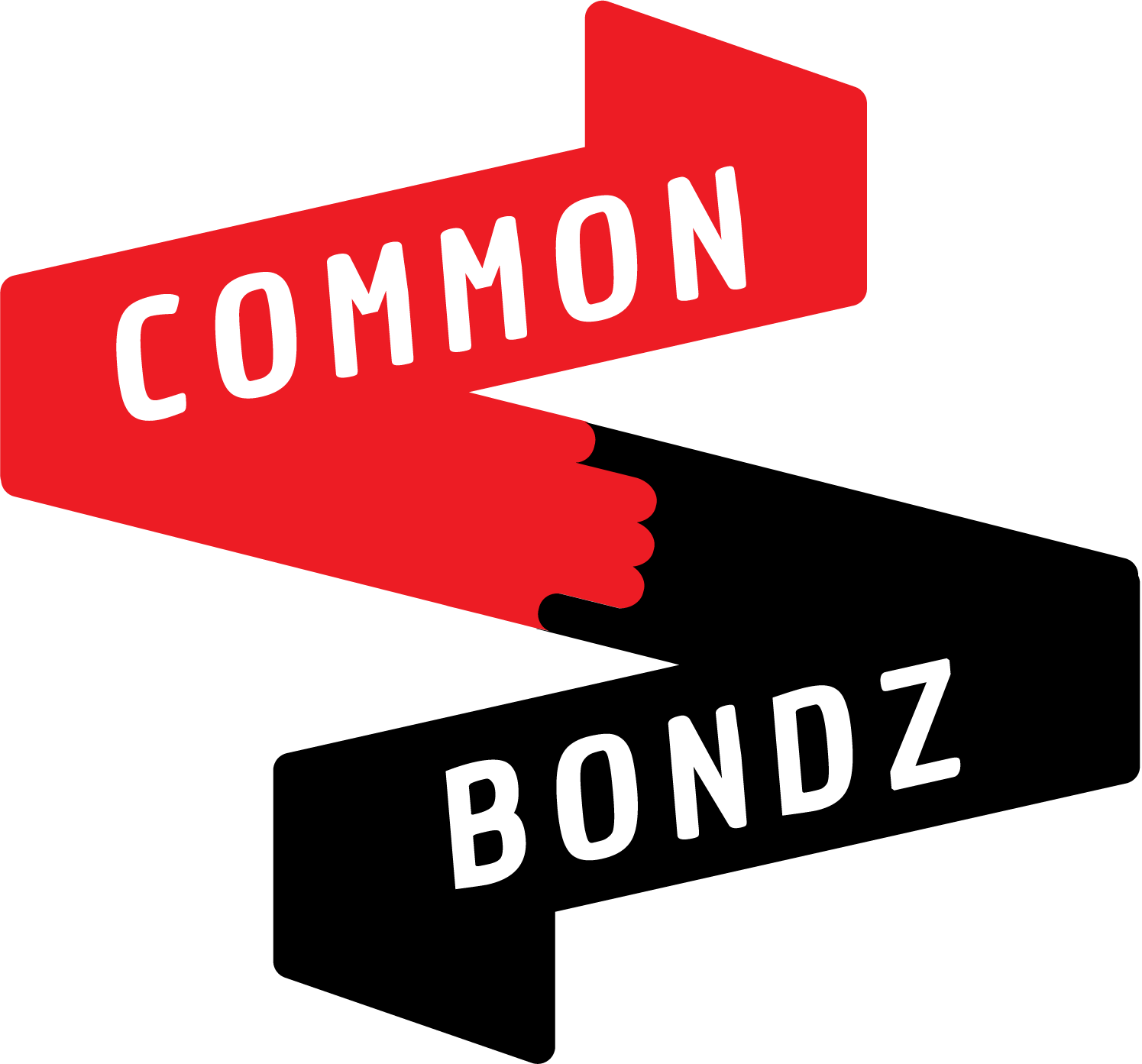Institutional Racism
Institutional racism is “distinguished from the explicit attitudes or racial bias of individuals by the existence of systematic policies or laws and practices that provide differential access to goods, services and opportunities of society by race. Institutional racism results in data showing racial gaps across every system. For children and families it affects where they live, the quality of the education they receive, their income, types of food they have access to, their exposure to pollutants, whether they have access to clean air, clean water or adequate medical treatment, and the types of interactions they have with the criminal justice system.” (Source: Frank Porter Graham Child Development Institute at UNC Chapel Hill)
Racism permeates nearly every institution in the United States, and understanding institutional racism is critical to understanding the experience of African Americans.
Law Enforcement
Racism in law enforcement is closely tied to the building of our criminal justice system. Below are some articles and documentaries to help dig deeper into the issue.
Read
The Long, Painful History of Police Brutality in the U.S. - The Smithsonian
How A Theory Of Crime And Policing Was Born, And Went Terribly Wrong - NPR
Open Policing Project - Stanford University
The racist roots of American policing: From slave patrols to traffic stops - The Conversation
What the data say about police brutality and racial bias — and which reforms might work - Nature
Freedom Struggle: Angela Davis on Calls to Defund Police, Racism & Capitalism, and the 2020 Election - Democracy Now
Watch/Listen
In some communities, the long-tense relationships between law enforcement and minority communities are suddenly very public and very hard to ignore. Special correspondent Jackie Judd reports from Oakland on efforts to improve relations, using research from Stanford University on the deep and often hidden biases on race and inequality.
Based on a true story that gripped the country, When They See Us will chronicle the notorious case of five teenagers of color, labeled the Central Park Five, who were convicted of a rape they did not commit. Watch the full series on Netflix.
Criminal Justice
When describing racism in the criminal justice system in an article for The Washington Post, Radley Balko writes:
When you consider that much of the criminal justice system was built, honed and firmly established during the Jim Crow era — an era almost everyone, conservatives included, will concede rife with racism — this is pretty intuitive. The modern criminal justice system helped preserve racial order — it kept black people in their place.
Read More: There’s overwhelming evidence that the criminal justice system is racist. Here’s the proof.
Mass incarceration, the death penalty, profiling, and the war on drugs are just a handful of examples of how racism is entwined in our criminal justice system. Here are some more resources to understand the complexities of this form of institutional racism.
Read
Watch/Listen
Combining archival footage with testimony from activists and scholars, director Ava DuVernay's examination of the U.S. prison system looks at how the country's history of racial inequality drives the high rate of incarceration in America.
"TIME: The Kalief Browder Story” is a documentary series about a 16 year-old student from the Bronx who spent three years on Rikers Island without ever being convicted of a crime.
Education
Racism in our education system starts as early as preschool. African American students make up just 18% of all preschoolers but represent almost 50% of all preschool suspensions.
The problem continues in K-12 education, particularly through the disturbing “school-to-prison pipeline.” African American students face disproportionately harsher punishment than white students due to “zero-tolerance discipline,” according to the ACLU:
"Zero-tolerance" policies criminalize minor infractions of school rules, while cops in school lead to students being criminalized for behavior that should be handled inside the school. Students of color are especially vulnerable to push-out trends and the discriminatory application of discipline.
Source: College Educated
Check out these resources to learn more about racism in education.
Read
Avoiding Microaggressions in Classrooms and Online - College Educated
If Young Black Lives Matter, Liberating Learning Matters - Nonprofit Quarterly
How Systemic Racism Infiltrates Education - Ben and Jerry’s (yes, really!)
Dismantling the School-to-Prison Pipeline - The ACLU NAACP Legal Defense Fund
To understand structural racism, look to our schools - The Seattle Times
Rising Costs Making It Hard for Students, Particularly of Color, to Afford College - Center on Budget and Policy Priorities
Watch/Listen
Suspensions, expulsions, and in-school policing are harming black students by taking them out of school and funneling them into prisons.
Marley Dias already knows that racism and other built-in barriers are “keeping kids like me from reaching our full potential.” Tackling racism, she says, begins with a conversation.
Twenty years after the end of federally mandated busing, Denver Public Schools are re-segregated. Today, staggering educational achievement gaps exist between white students and those of color. As part of its ongoing coverage of race in Colorado, Rocky Mountain PBS took an in-depth look at race and education.
Take Action
Feeling compelled to take action to fight racism in our education system? Here are some ways to do it:
We will continue to update this article with additional resources.
Have a suggestion? Email us at info@commonbondz.org.







